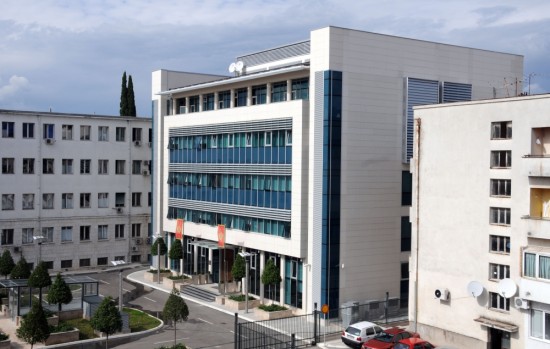Montenegro Tightens Law on Seizing Criminals’ Assets
Montenegrin Justice Minister Zoran Pazin on Thursday (Jul 20) said the government had adopted a bill on forfeiture of criminal assets, which aims to tackle the economic power of those behind corruption and crime.
The asset forfeiture law allows the government to seize and keep cash, cars, real estate, and any other property through the so-called freezing procedure.
At the end of criminal proceedings and guilty judgments in court, the state would become the owner of such property.
The law provides for extended seizure and confiscation not just of assets acquired through criminal activity but of all property for which it is not possible to prove the legal origin.
Pazin recalled that issuing prison sentences alone for offenders does not seriously affect the structure of crime, especially organized crime.
“The aim of this law is to hit the negative social phenomena of corruption and organized crime where they are most vital, through economic power, as financial gain is the most common motive for such crimes,” Pazin said after the cabinet session.
He explained that the law was complex because it consumes obligations from different legal areas and obliges the state to implement international legal standards.
Although the possibility of asset seizure is now part of the criminal code, Montenegro has been urged for years to tighten laws on the confiscation and management of crime assets.
The EU has warned Podgorica of the importance of asset forfeiture as a critical rule of law reform, calling asset forfeiture an important tool for penetrating criminal enterprises.
According the US State Department’s 2015 International Narcotics Control Strategy Report, one of the factors that makes Montenegro’s vulnerable to money laundering has been the absence of a non-conviction-based asset forfeiture law as well as weak financial crimes enforcement.
Balkan Insight August 21, 2015

